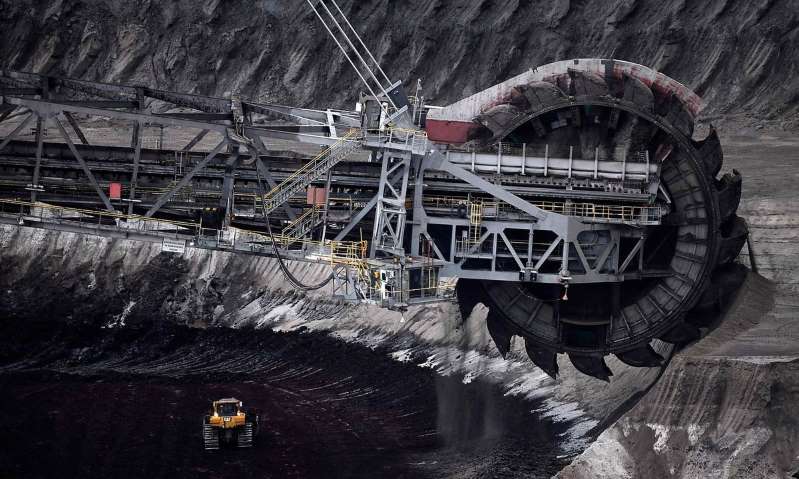![The energy transition is on trial [premium]](/wp-content/uploads/2021/02/die-energiewende-steht-vor-gericht-premium-1e02962.jpg)
Vienna. It will be over on December 31, 2029. According to this, not a single kilowatt hour of electricity may be produced by burning coal in the Netherlands. The German energy company RWE is now resisting this decision and is citing the country before a Washington court of arbitration. Because the Dutch exit from coal also means the end of the RWE power plant in Eemshaven, which the group only built in 2015 for at least three billion euros. Unlike in Germany, which is sweetening the coal phase out with compensation payments, there is nothing in the Netherlands. Now RWE wants to claim billions in damages in court. The practice is not an isolated case. Can corporate actions still prevent the energy transition?
The basis for the lawsuit is the so-called Energy Charter Treaty. The framework was created in 1991 to protect investments by foreign energy companies from the arbitrary policies of their host countries. In short, companies can use it to combat almost any new law that affects their business interests. Countries like Germany and Austria relied heavily on the treaty in the 1990s to secure the expansion of their companies into the countries of the former Eastern Bloc, where the judicial system was untrustworthy so shortly after the collapse of communism. In the meantime, however, the tide has turned, and more and more western countries are falling victim to corporate actions of this kind for their environmental policy. For years, critics have been calling for a reform or an end to the Energy Charter Treaty, which in their eyes gives corporations too great rights vis-à-vis states.
Lengthy, expensive and risky
The Energy Charter has been quiet for the longest time. In the first two decades, only a handful of disputes were brought before the World Bank arbitration tribunal. But with the advent of the energy transition in Europe, the number of lawsuits skyrocketed. In the meantime, the states had to pay the corporations 50 billion US dollars in damages. Most of the new lawsuits are directed against measures for climate protection.
The British energy company Ascent Resources is suing Slovenia because the state is demanding an environmental impact assessment before it can begin fracking with natural gas. The Swedish company Vattenfall is suing Germany because the Federal Republic is also decommissioning the two nuclear power plants Brunsbrüttel and Krümmel as part of the nuclear phase-out. The Swedish energy company is demanding over five billion dollars in compensation.
Whether Germany has to settle this bill is not decided by national courts, but by three arbitrators, of whom the plaintiff and the defendant may each submit one. The two have to agree on number three. For states, arbitration proceedings, which usually take place behind closed doors, are always lengthy, expensive and high-risk. Vattenfall took the German nuclear phase out to court nine years ago. There is still no judgment. The Lower Austrian electricity supplier EVN sued Bulgaria in 2013 and waited six years for a decision. It will take years for citizens to find out whether they will have to pay billions in compensation for the energy transition.
An exit is possible
All of this makes it difficult for countries to pass the laws that are necessary to enable Europe to phase out fossil fuels by 2050, say NGOs like Attac. In the EU, too, sees the treaty in its current form as problematic and wants to reform it. Climate protection should be given a higher priority, the arbitral tribunals lose power.
But there is not much progress. All member states would have to agree to a reform. However, countries like Japan and many Eastern European countries see no reason for rapid changes. Environmentalists are therefore calling for an exit from the rules. Italy showed that it is possible when the country unilaterally terminated the Energy Charter. This does not solve the problem for Rome. The oil company Rockhopper is suing Italy for banning oil drilling near the coast. This is possible because there is a 20-year notice period. The British group wants 350 million euros in damages. Seven times more than he invested.

